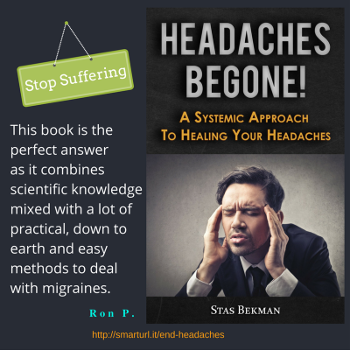Obstacles To The Consummation Of Marriage On The Male Part
Description
This section is from the book "The Transmission Of Life. Counsels On The Nature And Hygiene Of The Masculine Function", by George H. Napheys. Also available from Amazon: The Transmission of Life.
Obstacles To The Consummation Of Marriage On The Male Part
These are far more numerous than in the female, and form an important branch of our subject. Probably no one topic in sanitary and physiological science gives rise to more dis tressing and generally more causeless fears than the anxiety lest one may not be able to fulfil the duties of married life. A philosophical medical writer says: " In losing the command of this function at an age when it should be vigorous, man loses his self-respect, because he feels himself fallen in importance in relation to his species. Therefore the loss of virile power, real or supposed, produces an effect more overpowering than that of honors, fortune, friends, or relatives; even the loss of liberty is as nothing compared to this internal and continual torture. Those who suffer from injustice or misfortune can accuse their enemies, society, chance, etc., and invent or retain the consciousness of not having deserved their lot; they have, moreover, the consolation of being able to complain, and the certainty of sympathy. But the impotent man can make a confident of no one. His misery is of a sort which cannot even inspire pity, and his greatest anxiety is to allow no one to penetrate his dismal secret."
We are well convinced that there are many to whom these words apply, and also that there are many who suffer these pangs needlessly, or who at least are anxious without cause. We shall therefore proceed to speak in detail of the conditions of the male which render him averse to the procreative act, incapable of completing it, unable to attempt it, or barren in its results, under the headings, lethargy, debility, impotence, and sterility. And
Continue to:




